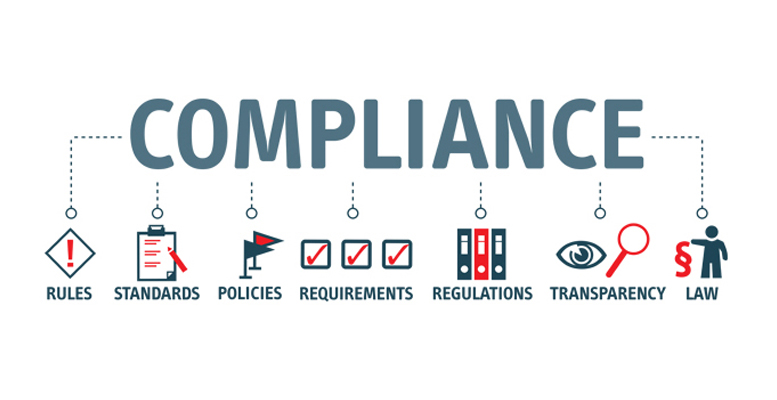Why is Data Governance the number one strategic investment today?

We’ve reached the Information Age, where an organization’s data is its most vital asset. As data grows in volumes and structure, managing data efficiently becomes a primary business obligation. If you look at the past decade, or the decade before that, data governance was just a nice thing to have. It’s made a comeback as a relatively new and hot topic, and companies are gradually waking up to the growing importance of data governance.
Before a business can really get serious about putting data governance into practice, it must understand what it is all about. There’s no single definition to data governance, and there cannot be. Data governance is a vast phenomenon that aims at improving the quality of data in an enterprise by following the best practices in data management. In a nutshell, data governance is a set of practices that ensures that business data is accessed, utilized, maintained, managed and protected well.
As massive data gets generated every day, the threat of misuse and data breaches increases proportionately. For that, and several other significant reasons, companies are now realizing that adopting a complete data governance strategy will empower them in the long run. Here are a few reasons why data governance has become even more important than before.
Govern. Mitigate. Comply.
Build a structured GRC framework to ensure business continuity and regulatory adherence.
Better decision making
Data is inevitably an important raw material for all business decisions and future strategy. A business that fails to manage its data efficiently, later fails at making prudent business decisions. When an enterprise manages its data formally, in accordance with data governance standards, it can clearly understand its current state of affairs. Data governance enables businesses to determine its data needs, plan policies and procedures accordingly and channelize its workforce towards better data management.
Improved Data Quality
Almost all businesses struggle with data quality issues from time to time. But there are very few business leaders who take an action to fix data quality issues. Data governance can drastically fix data quality issues and avoid errors in the future. It ensures that an enterprise’s data is accurate, complete, timely and consistent with all compliance regulations.
Protecting Critical Enterprise Data
A business that deals with sensitive customer information like personal preferences, or banking details etc. is constantly under the threat of data loss or breach. Then there’s critical enterprise data that needs to be cautiously protected. And that’s where data governance comes to rescue – safeguarding critical business and customer information in accordance with data privacy regulations. With data governance in place, companies can avoid costly data breaches and save its sensitive data in a very organized manner.
Reusability of Historical Business Data
Data growth is an alarming issue today. But what we must not forget is that even if new data comes in, old data doesn’t lose its importance. Data drives businesses, and every bit of data is critical business information and can be utilized at any time in future. For this, all historical data needs to be maintained and preserved in a usable format. Data governance builds a foundation for systematic data management, which preserves important business data diligently, making it reusable in the right format at any time in future.
Smooth Data Analytics
Developing an effective data governance framework enables capturing business data and using it from the analytics point of view. Clarity in information and effective data management ensures that data is available in the right format for better analytics. Better analytics in turn means better data reporting, and eventually better decision making from the management perspective.
These are just some of the most essential factors that are driving enterprises towards data governance practices. As long as organizations are driven by data, data governance is here to stay. It is no more just a nice thing to do; it is becoming a legal mandate and a strategic investment for all enterprises, big or small.
